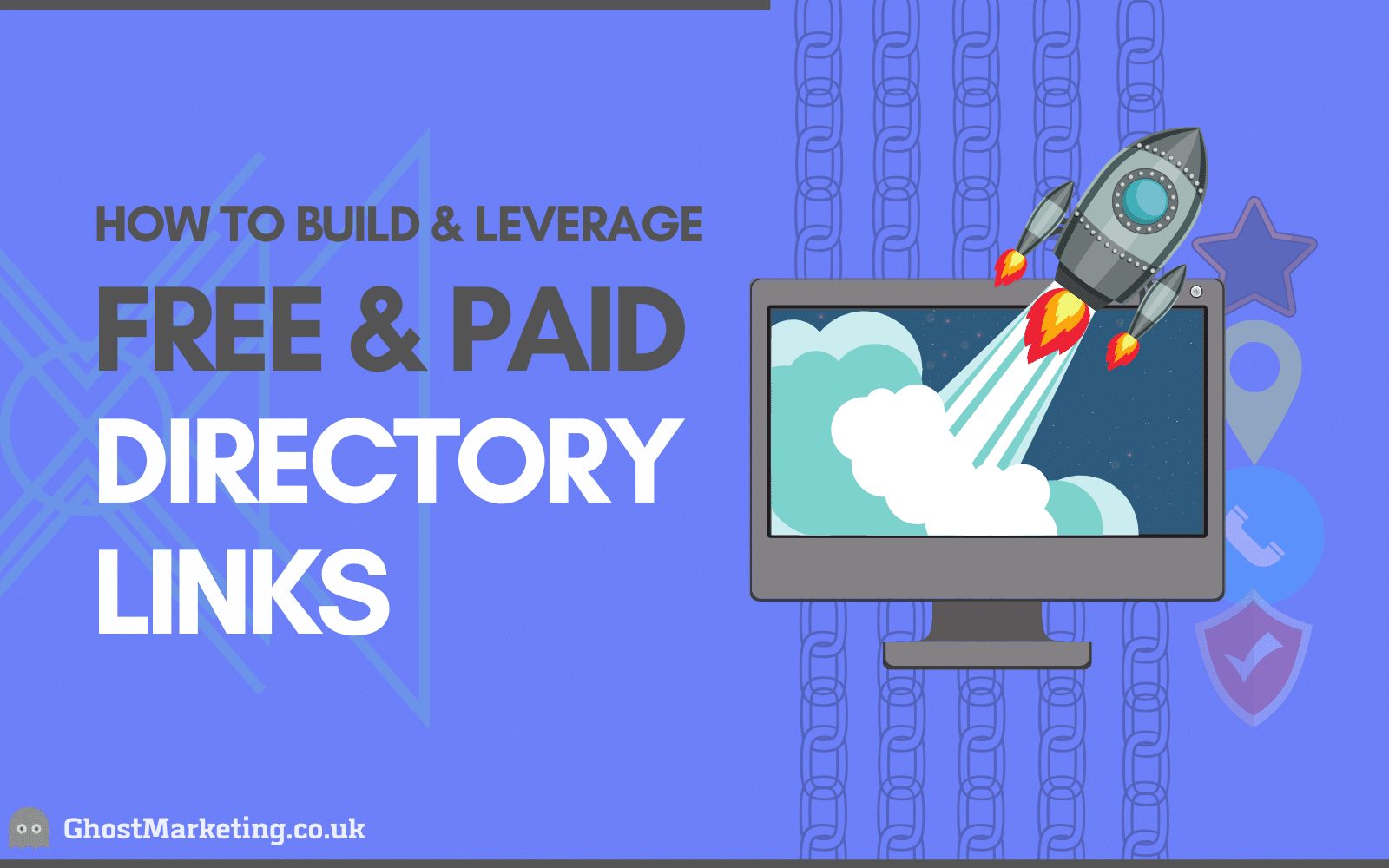If you’re familiar with how the overall SEO landscape has evolved in the past few years, you’d know that underhand, bad SEO tactics not only don’t work, they actually end up hurting your website. Link building is probably the best example of that aspect.
You can no longer rely on industrial scale link building that adds no value to users – and Google takes every opportunity to remind us of that fact. That brings us to the question – whatever happened to web directories and the links they churned out in dozens of millions?
Thankfully, most spammy directories have met their end, and so have the link farms associated with them. Building directory links – even though NOT the most powerful or reliable link building technique out there – still holds a few advantages that can be tapped with little to no effort.
Contents
What Are Directory Links? (Directory Backlinks Definition)
To understand what directory links are, we first need to understand what online directories are and what purpose (if any, at all) they serve.
An online directory is just like the now-extinct phonebook. Much of what they do revolves around listing businesses (and, in some cases, people) so that potential customers can easily find them.
Popular web directories are visited by hundreds of thousands of people every month . What this also means is that over the years, such directories end up building up a vast number of backlinks, social shares and credibility that comes with all these SEO ranking factors. In turn, if you manage to get a couple of backlinks from such directories, it eventually adds great value to your website’s SEO metrics.That sounds too easy to be true – and to some extent it is. Let’s see why.
The Question Is – Do Directory Links Matter At All in 2020?
You’ll get conflicting answers from SEOs – some have stopped building directory links altogether, while some have pushed them way down in their link building plan.
There’s a reason for this. Google, on many occasions, has made it abundantly clear that using directory links as your primary link building strategy will really take you nowhere .
Take a look at what John Mueller said in response to a question about whether directory links are worth building:
https://twitter.com/JohnMu/status/835480412109619210?s=20
That said, it’s been established that backlinks from authority domains still rank towards the top when it comes to off page SEO factors that move the organic traffic needle.
Based on all these facts, we can safely say that:
- Directory links do hold a value even in 2020. It’s just that this value doesn’t directly come from their being “backlinks”.
- You should absolutely still build directory links from high DR directories that are well-known, well-referred-to and have no history of spam.
- A major aspect that goes unnoticed is the referral traffic. If you build directory links from directories that are relevant to your business sector/industry, you’ll keep generating precious referral traffic that is much easier to convert.
- Because of their relatively lower SEO impact, directory links are best treated as quick wins that you can get out of your way and move on. Remember – if your website is brand new and has extremely low domain authority/rating, non-spammy directory links WILL still help you build a solid foundation and help you improve the overall domain quality.
- Directory links, all said and done, should NEVER be a part of your long-term link building plan. All you need to do is build a few quality directory links and forget about them. They will keep directing referral traffic to your website and hopefully yield indirect links from satisfied/interested customers/blogs.
Why Directory Links Are Important For Local Businesses
Link building for local SEO is a whole different ball game. You have to constantly make sure that your online presence shows your business in good light, and directories are a huge part of this effort.
Almost every local business directory worth its salt allows users to rate businesses. So, along with backlinks, you also generate a track record of quality that is incredibly useful going forward.
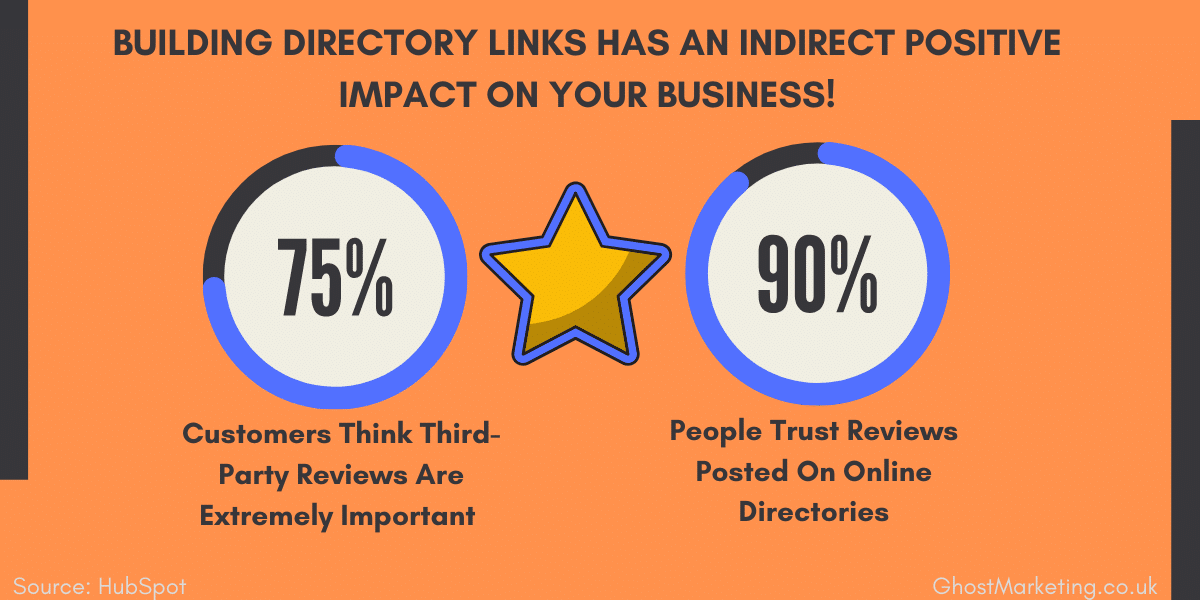
In that sense, as far as local businesses are concerned, directory link building accounts for more intense, focused efforts as compared to other websites.
At Ghost marketing – a leading link building agency – we have fine tuned our link building process to suit the exact requirements of our clients. Our white hate link building strategies have yielded some of the highest link building ROIs in the market for our customers around the world. To know more or to request a free, fully customised proposal, do get in touch with us.
A Quick Look At The Major Types Of Directory Links
Not all backlinks are made the same – and not all directory links can be grouped together. For the sake of convenience, let’s compartmentalize directory links in a few major groups.
Across-the-board Directories
Across-the-board directories are just websites that list anything and everything without any specific agenda.
While many of the such directories are not even worth taking a second look at, some do help your business get exposure. It’s very easy to get links from these, and – as you can guess – these links don’t count much towards SEO.
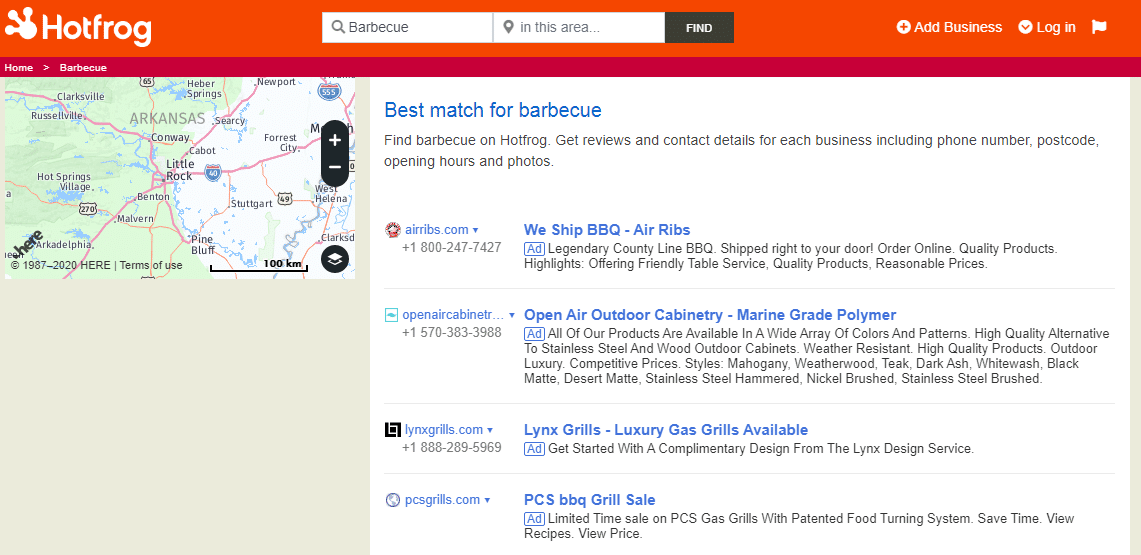
Citations And Local Business Listings
If you run a local business website, it’s absolutely imperative that you get these directories on board . More often than not, top local searches will be dominated by these directories and you want your listing to be the one that gets shown.
Most of these are also free to get listed on, and some do provide dofollow links once your listing is verified and approved.
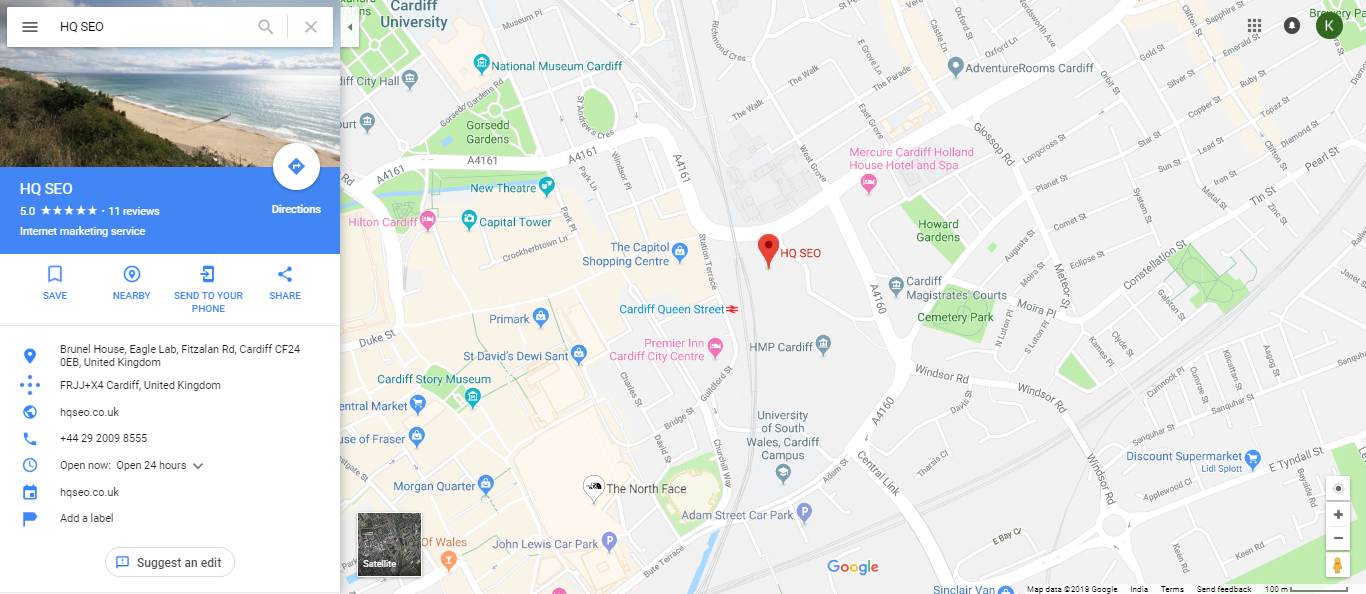
Paid Directory Links (Niche Directories)
Paid directory links aren’t always bad – because you’re usually paying for a whole lot more than just backlinks.
Getting listed on niche directories that are highly relevant to your industry/sector/products/services is a huge deal because it puts your name in front of people who are extremely likely to end up being your customers.

Certifications/Memberships
While these aren’t directories in the strictest sense of the word, they are certainly close enough. If your business holds trade/industry/niche specific certifications or association memberships, you can get dofollow backlinks from their websites.
These websites usually enjoy great credibility – a great trust signal to have on your side.
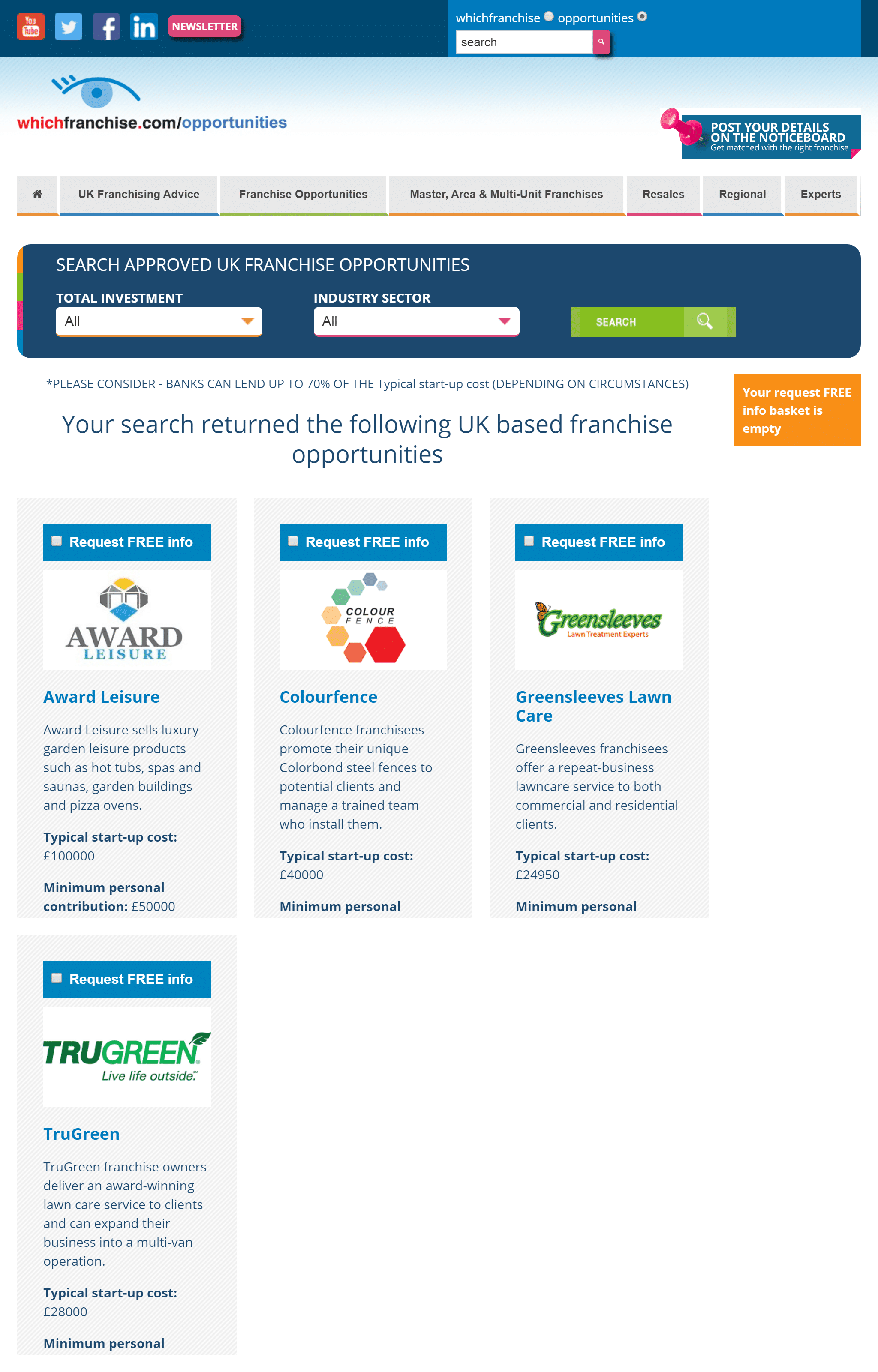
Location/Area Specific Directories
These are extremely easy to get into and often more helpful in terms of exposure than other options if your business is located in a major city. Here’s an example:
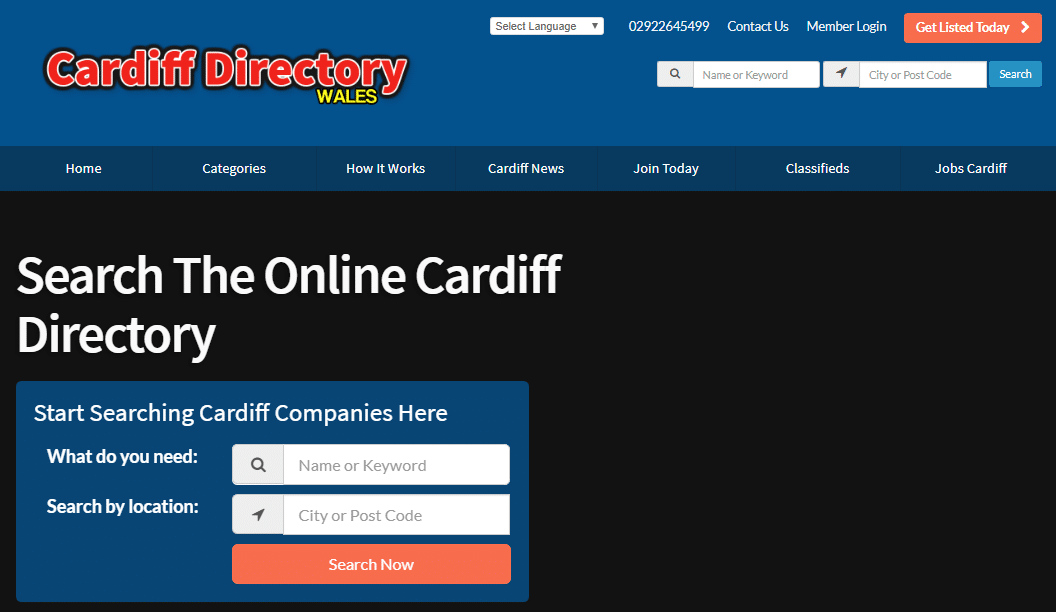
Paid Directory Links – Are They Worth Your Money?
“Buying” high DA links isn’t always a straightforward deal. Google, for obvious reasons, hates it, and link building professional in their right mind would count on these methods as their primary link building tactic (mostly because these are tough to scale).
Yet, there are roundabout ways to acquire high DA links this way, and not all of them are bad (or attract penalties). Paid directory links fall in this category.
Two things to remember here (I’m only talking about legitimate online directories that people trust):
- You DO NOT pay a directory just for a link. The backlink(s) you get are the by-product of being listed. So, “paid directory links” is a misleading idea to begin with.
- You need to always keep the cost effectiveness of each deal in mind. Directories in your niche usually attract highly relevant traffic and may charge you £40-100 for the listing. On the other hand, generic directories can offer you a lifetime listing for a nominal charge.

For example, the directory we will be discussing as an example in this post offers a lifetime listing with a couple of dofollow backlinks for as little as $20 – a great deal in my opinion.
How To Determine The Usefulness Of Directory Links?
Judging the “worth” of a directory from the link building point of view isn’t much different. All you need to do is make sure that the directory isn’t a spam website, has moderate-to-high authority and has sizeable organic traffic.
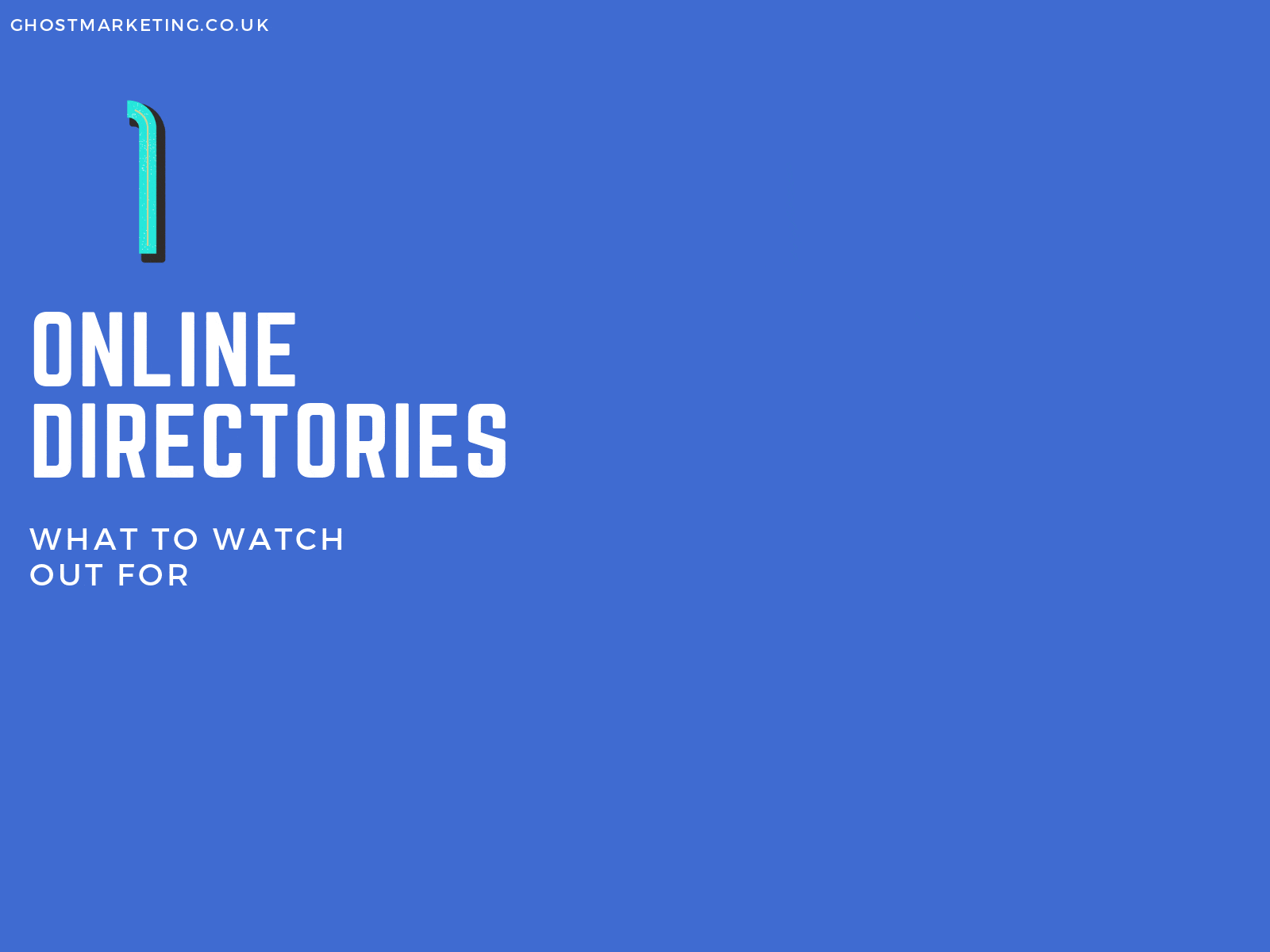
Domain Authority And Backlinks
Let’s run this website through Ahrefs.

Indexation Status
You’d be surprised to read this but Google regularly de-indexes low-value directories that border on being spammy. Some of this changes are never detected by tools like Ahrefs and Moz. So, the best bet is to head straight to Google and check the indexation status of the directory.
Let’s run the site:domain.com operator for MyLocalServices.com. Here’s what I got:


You can also go ahead and see if these pages are cached by Google. Just run the cache:domain.com through Google and see what it returns.
Dofollow/Nofollow Status For Listings
It goes without saying that the directory links we are after should all be dofollow. For the example at hand, let’s inspect a sample listing.

- The directory provides a generic anchor (“Visit Website”). This isn’t all too bad because it’s a sign that they aren’t too generous in handing out category keywords as anchor texts (high standards = low spam score).
- The link is dofollow. Perfect.
Content And Engagement
Ahrefs already told us that this particular directory draws in about 14,000 organic visitors per month. This is definitely a low number for a directory but it’s not too low for us to completely reject the deal.
Moreover, if you inspect their website, you’ll notice that they also have a blog:

They also allow their users to rate businesses – a definite plus in my opinion.
Spammy directories have nothing to do with UX or value. So, you’ll almost always find that they don’t care about what the customer/reader thinks. In other words, if a directory is letting you rate the business, it’s a positive link building sign.
How To Find Directory Link Building Opportunities (Free And Paid Directory Links)
If you run a business in a well-defined niche, chances are that you already know about the top free and paid directory link building opportunities in your niche.
If you don’t, just turn to Google and use advanced search operators to zero in on good directory link building opportunities. Here are a few ideas that may help you:
- “niche” + inurl:directory
- “niche” + intitle:directory
- “industry” + inurl: directory
- “industry” + intitle:directory
- “niche” directories
- “industry” directories
- “niche” submit site
- “industry” submit site
- “niche” directory submission
- “industry” directory submission
- “city” “niche” directories
- “city” directories
- “city” “industry” directory
And so on.
I have prepared a spreadsheet with automated search operators. You can add your own operators to this sheet and quickly generate Google SERP links.
Download the spreadsheet by clicking the banner below.

Reverse Engineering Directory Links From Your Competitors
We have already discussed competitor link analysis at length. If you haven’t read that post, please go ahead and bookmark the page – it’s the easiest way to get started with any link building campaign.
One way to achieve this is to use Ahref’s backlink analysis filters. Here’s how:
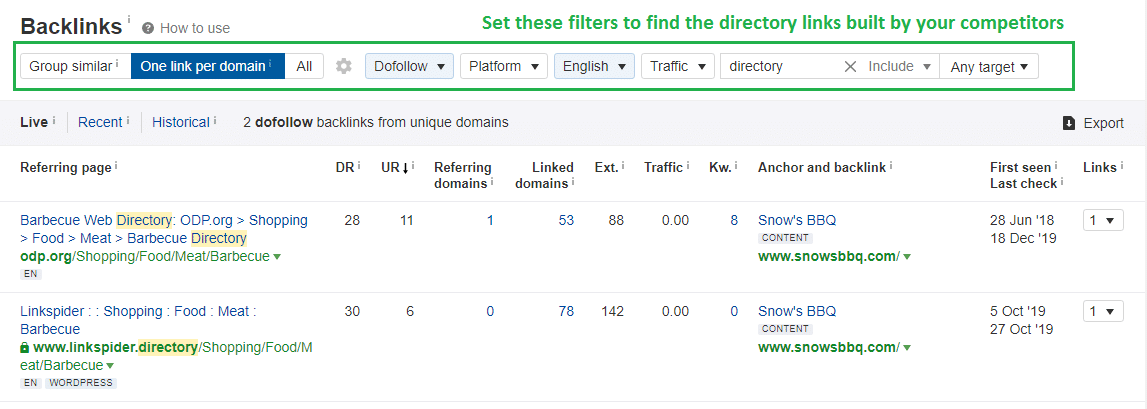
Directory Submission Tips (Directory Link Submission Tips)
- Choose your directories carefully. I have laid out a detailed plan of action for this in the earlier part of this post.
- If you’re running a local business, be careful to maintain consistent and accurate NAP details.
- Choose the right category – it will make sure that potential customers can easily find you.
- Keep an eye on the reviews your customers offer. Take some time out to interact with these reviews. If there are any negative reviews, make sure you resolve the issues that lead to those.
Directory Links Win You Quick Links That Go A Long Way
Free or paid directory links may not always have the biggest impact on your SEO metrics, but they certainly help you establish your website and your business.
Building paid directory links is probably the fastest way of getting your domain out there, but only when you’re careful about what directories you choose. At Ghost Marketing, our directory links building efforts revolve around getting the maximum value out of every dollar/pound you spend. Our link building process page describes how we go about building white hat, powerful links. To request a free, customised proposal, please get in touch with us here.
